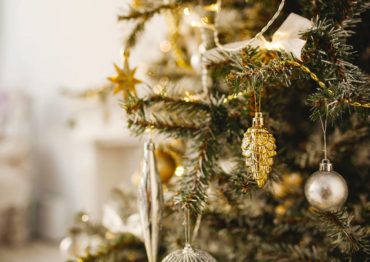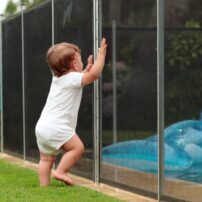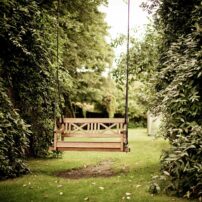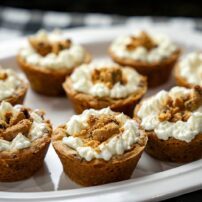 All too often, we don’t take the time to secure our homes or address safety concerns until it’s too late. While it’s nice to focus on family, friends and gatherings during the holiday season, it’s a good idea to take steps to protect your home from potential hazards.
All too often, we don’t take the time to secure our homes or address safety concerns until it’s too late. While it’s nice to focus on family, friends and gatherings during the holiday season, it’s a good idea to take steps to protect your home from potential hazards.
Steps to take to avoid fires
According to a recent report from the National Fire Protection Association, fire departments responded to an average of 200 home structure fires annually between 2011 and 2015. Each year, fires killed an average of six civilians and caused roughly $14.8 million in direct property damage.
More than one-quarter of Christmas tree fires were caused by candles, equipment and other sources of heat, which resulted in 26 percent of Christmas tree fires. Unattended cooking fires are another a leading cause of house fires.
If you’re worried about your house catching fire this season, here are some tips to consider.
- Keep a close eye on your oven and stove while you’re cooking.
- Choose a freshly cut Christmas tree. These are more fire resistant.
- Before you place your Christmas tree in a stand, cut a few inches off the bottom to expose fresh wood. This will prevent your tree from drying out too quickly.
- Keep your tree stand filled with water and make sure your tree cannot be easily tipped over.
- Don’t put your tree near the fireplace, radiators or space heaters and keep it clear of foot traffic through your home.
- Avoid burning wrapping paper in your fireplace. Christmas wrapping paper can ignite suddenly and burn intensely.
- When shopping for an artificial tree, make sure it is fire resistant.
- Ensure the flue is open before igniting any fires and remove any decorations from around the fireplace.
- Keep matches and lighters out of children’s reach.
- Test your smoke alarms and keep exits around your home clear.
Keeping creepy-crawlies off the tree
Christmas trees can carry as many as 25,000 bugs. Insects that could be lurking there include bark beetles, mites, praying mantises and, of course, spiders.
This might make your skin crawl, but don’t fret. Many of these insects cannot be seen by the naked eye and most prefer to stay hidden. Even those that stray from the tree into your home, typically attracted to light or heat sources, can’t do any real damage to your belongings or the people inside. Even the spiders (probably the least welcome guests) feed on insects and don’t survive very long once you bring your tree inside.
Some experts doubt that there are thousands of insects on the average Christmas tree. Nonetheless, you may want to take these precautions to limit the number of unwanted visitors crawling around your living room.
Shake your tree. Many tree sellers and farms have mechanical shakers that can remove insects from Christmas trees. You can also shake your own tree before bringing it inside.
Vacuum the branches. Apply the narrow attachment and carefully run it along the branches. This will further remove any loose, dead foliage and clean up insects as well.
Spray your tree. Take your tree outside and spray it using a mineral-based oil or soap combined with water. There are organic sprays on the market that you might consider as well. Just don’t use bug spray since it’s flammable.
Thoroughly inspect your tree. If you can, remove any eggs and cocoons. But it’s best to leave the insects alone. They should die off fairly quickly due to low humidity and lack of food in your home.
Christmas lights and decorations
Hopefully you won’t be dangling from your rooftop trying to button up that last string of lights. If you’re feeling festive, here are a few ways to keep your home and your family safe and sound this season.
- Hang lights and electrical decorations on a high surface. That way, your kids and pets can’t reach them.
- Never decorate your Christmas trees with candles. Instead, use noncombustible materials and flame-resistant decorations.
- Don’t overload your circuit breaker or extension cords.
- When hanging lights, lace them through hooks or insulated staples. Using nails or tacks could damage the wires.
- Carefully inspect your lights before hanging them and replace damaged bulbs or cords before plugging them in.
- When you leave the house or go to bed, turn off all the holiday lights to avoid a potential fire.
- Make sure your lights are certified for outdoor use before hanging them from your roof or outdoor fixtures.
For most folks, thinking about home safety and liability insurance around the holidays is the last things on their minds. However, taking some easy, preventative measures will ensure you and your family have a safe (and well decorated) holiday season.






















Comments